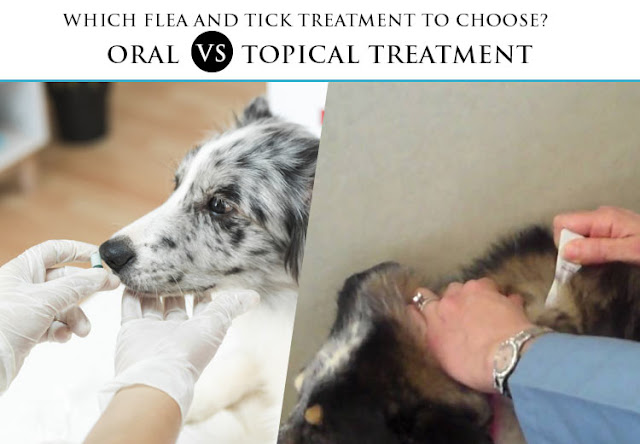Addison’s Disease: Causes, Symptoms and Treatment
Addison’s disease is an endocrine disease that majorly
affects dogs. Also known as
hypoadrenocorticism, Addison’s disease happens due to under functioning of
adrenal glands. Adrenal glands secrete hormones – mineralocorticoids, androgens
and glucocorticoids that are highly important for sustaining life. The glucocorticoids
regulate metabolism of protein, fat and glucose whereas mineralocorticoids help
in regulating electrolytic balance, blood pressure and extracellular fluid
volume. When these functions are not
carried out properly, it causes Addison’s disease.
Causes Of Addison’s Disease
·
Immune-mediated destruction of adrenal tissue
·
Infection or trauma of adrenal glands
·
Treatment of Cushing’s disease which can suppress
the production of cortisol and aldosterone
· Secondary form of Addison’s disease can occur
due to defect in the pituitary gland function or tumor
·
It can also occur due to long term treatment
using steroids
· Vulnerability of the breed to this disease. For
instance, Bearded collie, Nova Scotia duck tolling retrievers, Labrador
retrievers and leonbergers are more likely to contract this disease compared to
other dog breeds.
Symptoms of Addison’s Disease
Addison’s disease is very difficult to diagnose but certain
symptoms can definitely indicate the presence of the disease. These may
include:
·
Loss of Appetite
·
Gastroenteritis
·
Depression
·
Lethargy
·
Weight Loss
·
Diarrhea
·
Dehydration
·
Pain in abdomen
·
Hypoglycemia
·
Vomiting
·
Low temperature
· Hyper pigmentation
Diagnosis of Addison’s Disease
A vet generally recommends blood work after examining the
symptoms. In addition, ACTH stimulation test is also conducted to check the
imbalances in the cortisol levels. ECG, abdominal ultrasound or radiograph can
also be performed to figure out the cause of the symptoms. MRI and CT Scan can
also be conducted to check any functional issues with the pituitary gland as
well.
Treatment of Addison’s Disease
Percoten-V is normally used to treat Addison’s disease in
dogs. These injections are taken every 3-4 weeks and eliminates the deficiency
of mineralocorticoid aldosterone and glucocorticoid.
At times, oral treatments are also recommended for curing
the disease. The prognosis may include follow-up testing and monitoring of the
cortisol levels. Other than that, the vet may also perform regular check-ups.
Addison’s disease is debilitating and can take a pet’s life
and hence must be treated without delay. Though pet parents only get to know
about this disease when their pet suffers from Addison crisis but if
treatment is given on time, it can be definitely cured.




Comments
Post a Comment